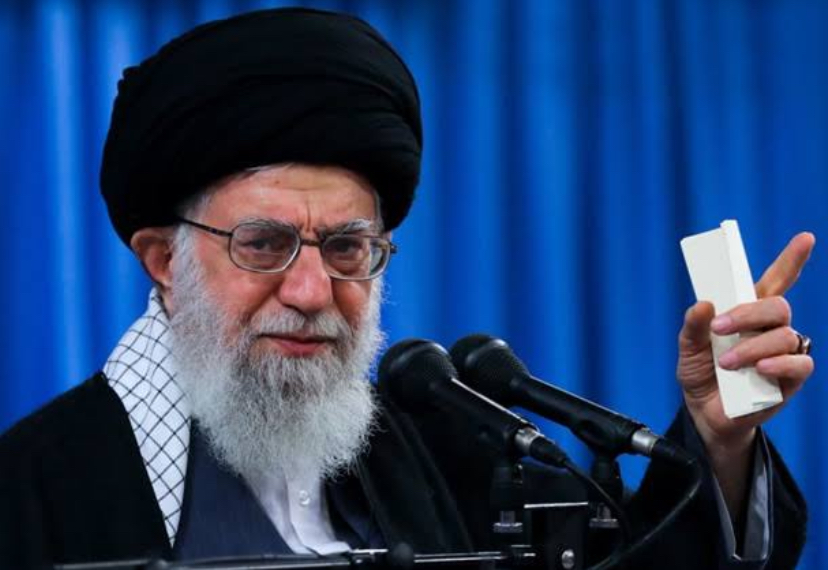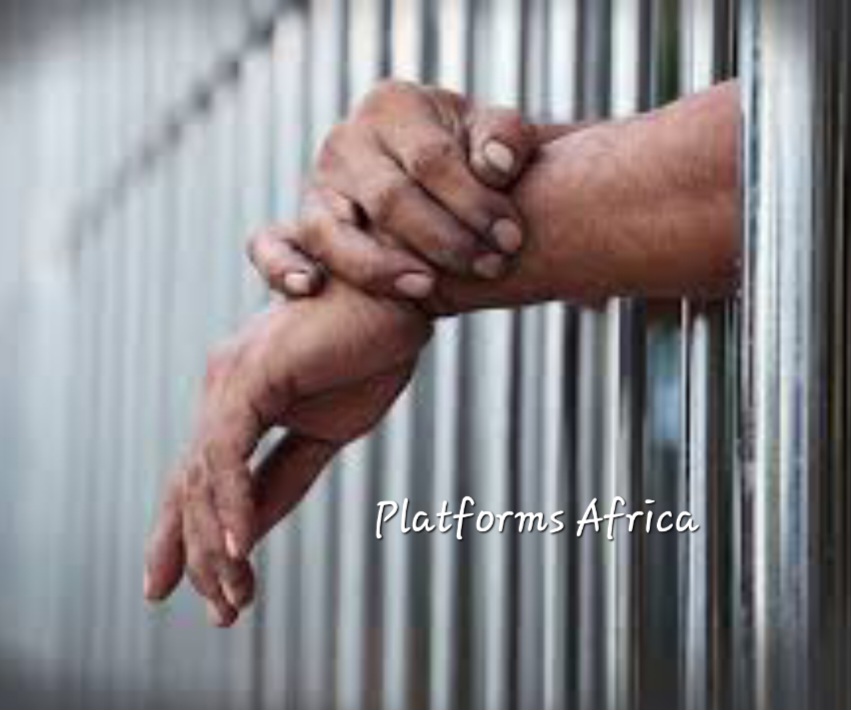Iran’s Supreme Leader Ayatollah Ali Khamenei has reportedly named three clerics as possible successors while taking shelter in a bunker amid assassination threats from Israel during the ongoing conflict.
The New York Times, citing three Iranian officials familiar with the development, reported that Ayatollah Ali Khamenei has begun appointing replacements for top military commanders who were killed in Israeli strikes.
Interestingly, contrary to earlier reports, the officials said Ali Khamenei’s son, Mojtaba, is not among the clerics shortlisted to succeed him – despite previous claims that he was being groomed for the role.
According to The New York Times report, Khamenei, 86, is aware of the possibility that Israel or the United States might attempt to assassinate him — an act he would view as martyrdom, according to Iranian officials.
In light of this threat, Khamenei has taken the rare step of directing the Assembly of Experts – the clerical body tasked with selecting Iran’s next supreme leader – to act swiftly and choose a successor from the three names he has personally put forward.
SIGHTED: ADA’s Leaders Write Application Letter To ‘INC’ Instead of ‘INEC’
‘£116m Deal,’ Liverpool Confirms Signing Of Florian Wirtz
Femi Soneye Quits, NNPC To Name New Spokesperson
Under normal circumstances, the process of appointing a new supreme leader can take months, involving intense deliberations and multiple candidates. But with the country now at war, officials told NYT that Khamenei wants to ensure a rapid and controlled transition to safeguard both the Islamic Republic and his legacy.
“The top priority is the preservation of the state,” NYT quoted Vali Nasr, a leading Iran expert and professor at Johns Hopkins University, as saying. “It is all calculative and pragmatic,” Nasr added.
Israeli Prime Minister Benjamin Netanyahu earlier on Thursday said that while Israel’s military objective remains the destruction of Iran’s nuclear and ballistic missile capabilities, “we may create the conditions” to help change the government.
Asked whether that means targeting the Iran’s Supreme Leader, Netanyahu said “no one is immune”.
Credit: Hindustan Times





